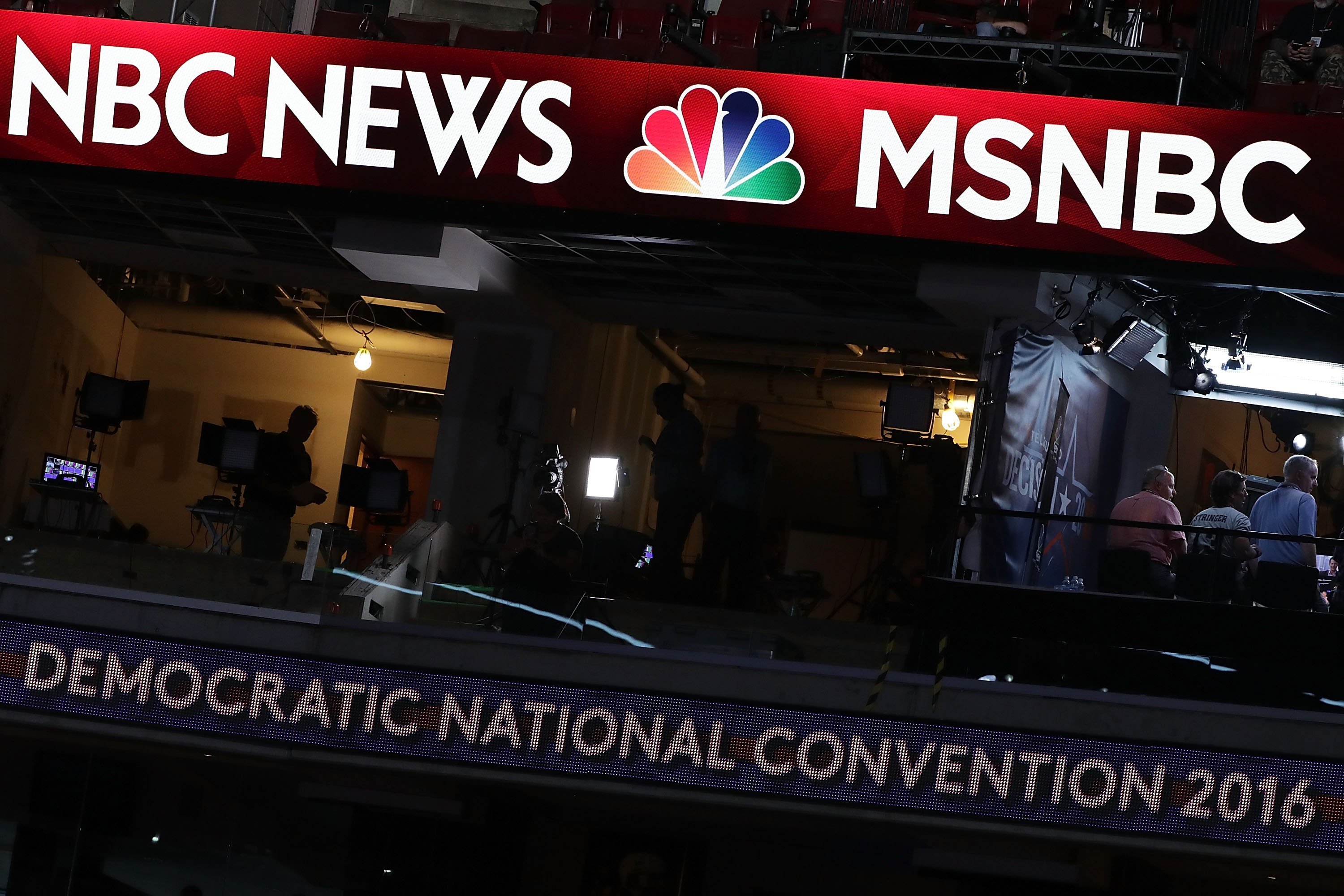Trump, NBC and Fake News
< < Go Back
A plurality of voters agree it’s a problem, but don’t think punishing broadcasters is the solution.
Republicans had to work so long and hard to allow television news broadcasters to enjoy First Amendment rights that it would be a huge setback for liberty if Donald Trump were to restore policies long upheld by Democrats. The good news is that despite Mr. Trump’s recent tweet on the subject, neither his FCC chairman nor the voting public wants the agency to punish TV stations for fake news reports.
This latest media ruckus began last week when Mr. Trump popped off on Twitter after an NBC report claimed that he wanted a “tenfold increase” in the American nuclear arsenal. “With all of the Fake News coming out of NBC and the Networks, at what point is it appropriate to challenge their License? Bad for country!,” tweeted our 45th President. He was presumably referring to the broadcast licenses for local stations within the networks. And here’s hoping that he has since realized that the answer to his question is never.
A new poll of nearly 2,000 registered voters suggests that most Americans have already reached the correct answer. Politico reports:
Only 28 percent think the government should have the power to revoke broadcast licenses of major news organizations that it says are fabricating news stories about a president or the administration, while 51 percent think the government should not be able to do that. Another 21 percent are undecided.
This does not mean that most voters think there is no such thing as fake news on U.S. television networks. A plurality seem to agree with the President about the alleged problem, even as they reject the idea that yanking licenses is the solution. Politico adds:
Nearly half of voters, 46 percent, believe the news media fabricate news stories about President Donald Trump and his administration, according to a new POLITICO/Morning Consult poll.
Just 37 percent of voters think the media do not fabricate stories, the poll shows, while the remaining 17 percent are undecided.
More From The Wall Street Journal (subscription required):




